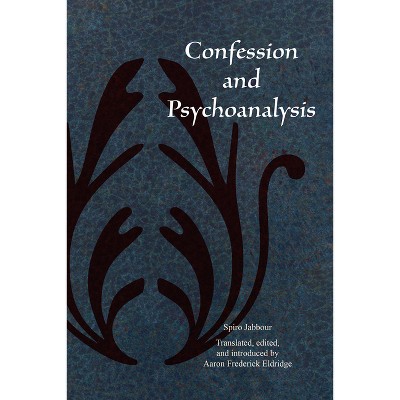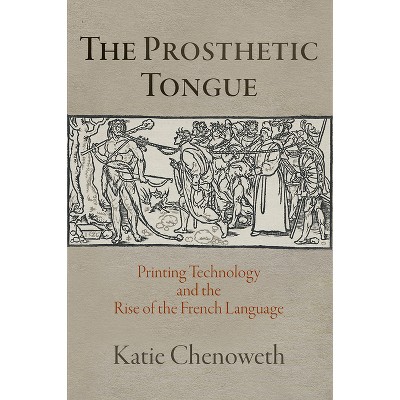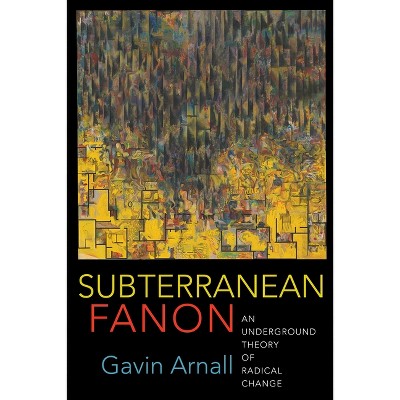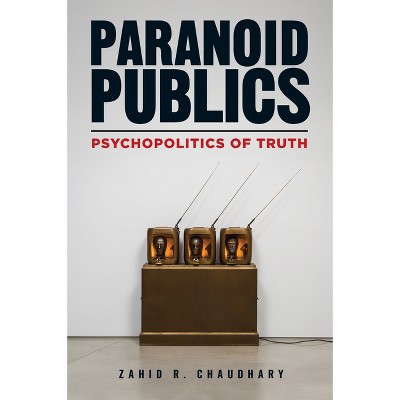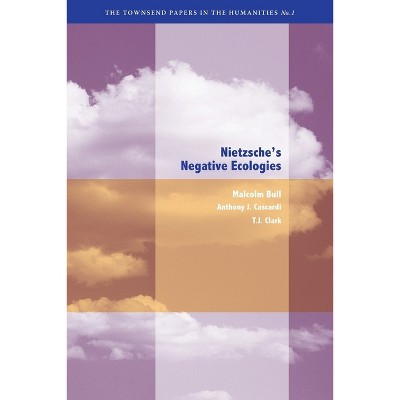About this item
Highlights
- Within contemporary theory, the concepts of translation and universality have frequently been associated with different and even opposed philosophical and political projects: watchwords of either domination or liberation, the erasure of difference or the defense of difference.
- About the Author: Gavin Arnall (Edited By) Gavin Arnall is Associate Professor of Romance Languages and Literatures and Director of the Center for Latin American and Caribbean Studies at the University of Michigan, Ann Arbor.
- 320 Pages
- Literary Criticism, Semiotics & Theory
Description
About the Book
This book collects essays that explore the relationship between translation and universality, especially in and through the traditions of deconstruction and Marxism.Book Synopsis
Within contemporary theory, the concepts of translation and universality have frequently been associated with different and even opposed philosophical and political projects: watchwords of either domination or liberation, the erasure of difference or the defense of difference. The universalizing drives of capitalism, colonialism, and other systems of oppression have precipitated widespread suspicion of any appeal to universality. This has led some, in turn, to champion the very notion of universality as antithetical to these systems of oppression. Similarly, recent scholarship has begun to grapple with the fundamental role of translation not only in forging inclusive democratic politics but also, by contrast, in violence, including imperial expansion and global war.
The present volume advocates neither for nor against translation or universality as such. Instead, it attends to their insurmountable ambiguity and equivocity, the tensions and contradictions that are internal to both concepts and that exist between them. Indeed, the wager of this volume is that translation, universality, and their relationship name irreducible yet overlapping sites of struggle for a diverse array of struggles on the Left. Drawing from multiple intellectual traditions and orientations, with a special emphasis on deconstruction and Marxism, this volume both reveals and participates in a subterranean current of thought committed to theorizing the dynamic, plural, and ultimately inextricable relationship between translation and universality. Its contributors approach this problem in ways that challenge and unsettle dominant trends within translation studies and critical and postcolonial theory, thereby opening new lines of inquiry within and beyond these fields.Review Quotes
The gallant and sometimes dangerous--think of poor Wycliffe!--effort made by the translation community to restore a Golden Age of understanding is an age-old theme. It is taken up again in this volume of eight essays by an international and multidisciplinary roster of distinguished scholars that includes an anthropologist, a philosopher, a political scientist, a musicologist, and literature professors. Recommended.-- "Choice Reviews"
Universality and Translation is a groundbreaking book that reshapes our understanding of universality, offering fresh insights and tools for bridging diverse fields and perspectives. Through thought-provoking essays, it introduces a revolutionary approach to the idea and practice of translation that redefines the very essence of universality. Scholars and students across disciplines, from history to literature, postcolonial studies to political theory, will find invaluable critical insights within this volume.---Massimiliano Tomba, University of California, Santa Cruz
About the Author
Gavin Arnall (Edited By)Gavin Arnall is Associate Professor of Romance Languages and Literatures and Director of the Center for Latin American and Caribbean Studies at the University of Michigan, Ann Arbor. His research and teaching converge at the intersection of aesthetics, politics, and philosophy, with a special focus on Marxism and its (missed) encounters with Black and Indigenous radicalisms. He is the author of Subterranean Fanon: An Underground Theory of Radical Change (Columbia University Press, 2020), the translator of Emilio de Ipola's Althusser, The Infinite Farewell (Duke University Press, 2018), and the coeditor of Between Revolution and Democracy: Jose Arico, Marxism, and Latin America (Brill's Historical Materialism Book Series, forthcoming). Katie Chenoweth (Edited By)
Katie Chenoweth is Associate Professor of French at Princeton University. She is the author of The Prosthetic Tongue: Printing Technology and the Rise of the French Language (University of Pennsylvania Press, 2019). Her articles on Renaissance culture, media history, and deconstruction have appeared in venues such as Discourse, Montaigne Studies, Symploke, and The Comparatist. She is director of the Bibliotheque Derrida at Editions du Seuil, a collection that includes Derrida's unpublished seminars and other posthumous works. At Princeton, she is the director of Derrida's Margins, an ongoing digital humanities project dedicated to Derrida's personal library.







